Life Assistant AI Tools
Find the AI Tool or AI Product you're looking for among 280 results from the category - Life Assistant AI Tools.
Recently added AI tools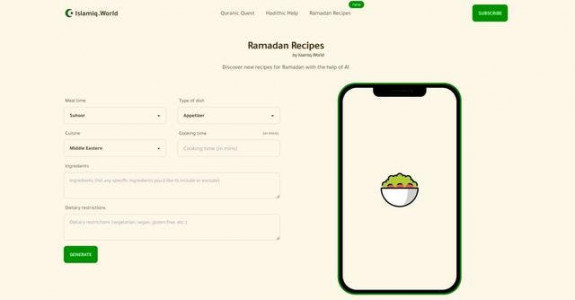 Free
Free
Ramadan Recipes
Ramadan recipe suggestions with customization options....
 $ 5/mo
$ 5/mo
MoodFood
AI-driven chatbot for personalized food recommendations and recipe inspiration...
 $ 30/mo
$ 30/mo
Centenarian
Customized sleep coaching for optimal wellness....
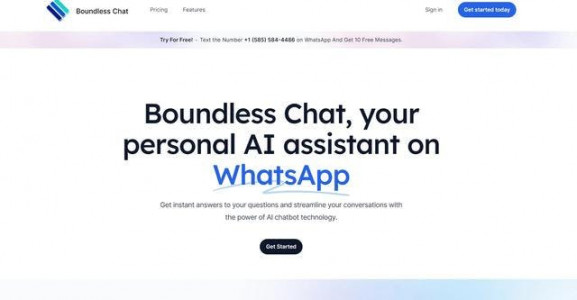 $ 7/mo
$ 7/mo
Boundless Chat
Interactive chatbot boosts WhatsApp communication....
 $ 3/mo
$ 3/mo
Qwai AI
our ghostwriter robo-servant for creating a life blueprint Manuscript and publishing simsbooks on th...
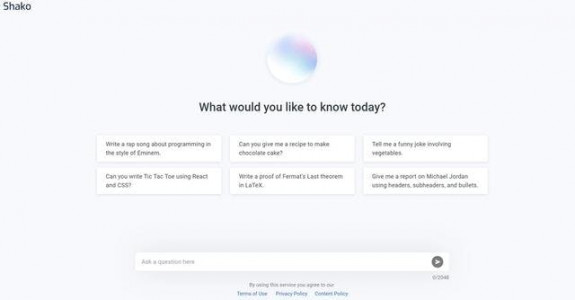 Free
Free
Shako
An AI-powered conversation platform for answering diverse queries and providing assistance...
 Free
Free
Mynd
Self-care app detects patterns & insights in journaling....
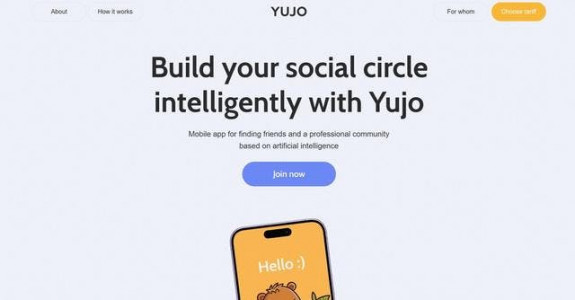 $ 4/mo
$ 4/mo
Yujo
Mobile app for socializing and organizing events....
 Free
Free
Gnorman
Green gardening tips and techniques for experts....
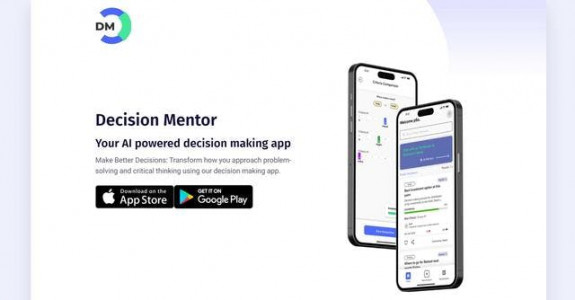 Free
Free
Decision Mentor
AI-powered Multi-Criteria Decision Making app for simplified decision-making in public and private s...
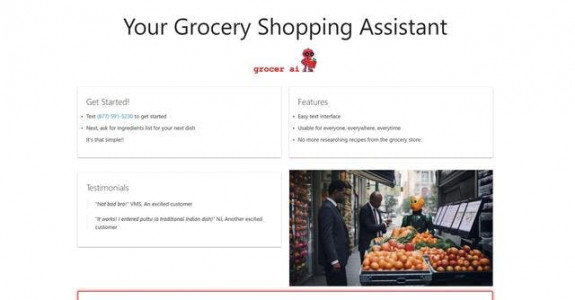 Free
Free
Grocer AI
Generates shopping lists for convenience....
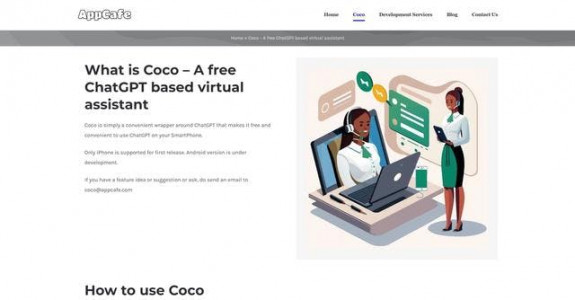 Free
Free
Coco
Simplified ChatGPT usage with virtual assistant....
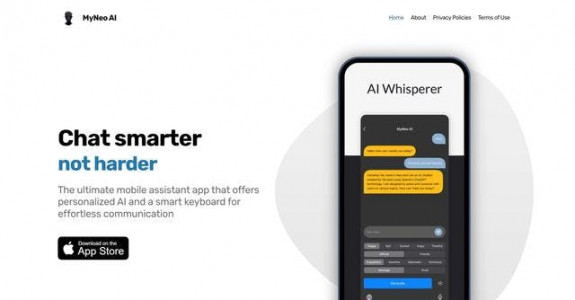 $ 17.99/mo
$ 17.99/mo
MyNeo AI
Personalized chat & smart keyboard for mobile assist....
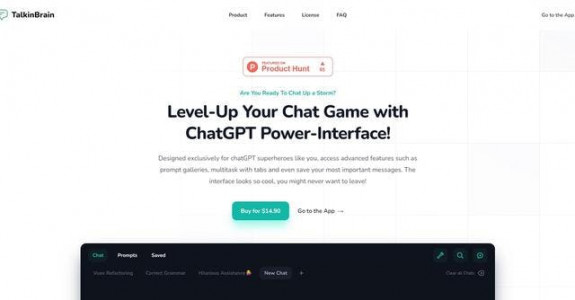 $ 14.90
$ 14.90
TalkinBrain
Customizable chat prompts for better communication....
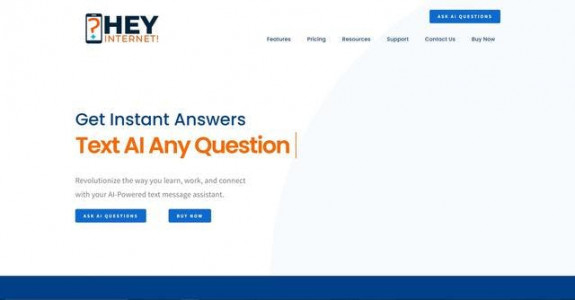 $ 4.99/mo
$ 4.99/mo
Hey Internet
Personalized Q&A chatbot....
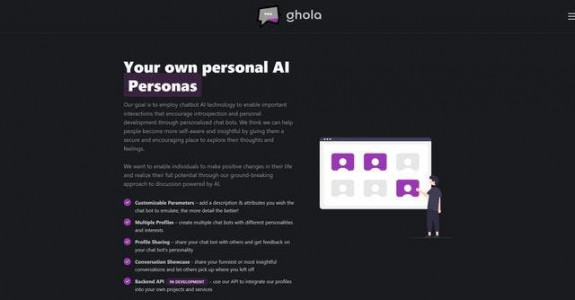 Free
Free
Ghola
Created personalized chatbots for self-exploration....
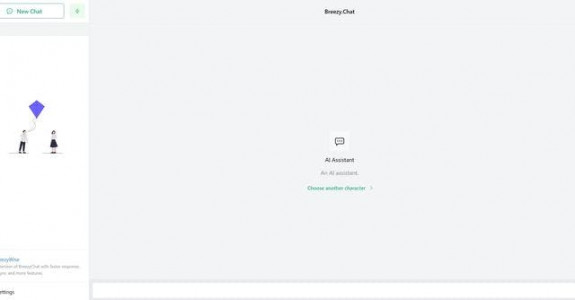 Free
Free
Breezy.Chat
Enhanced chat interactions with improved assistance....
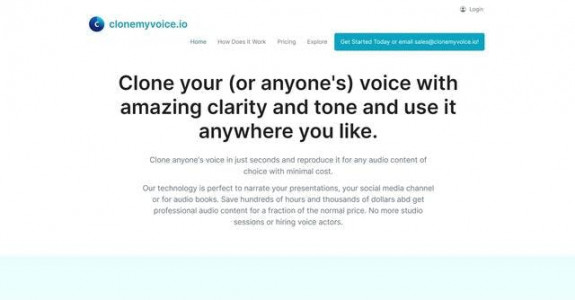 $ 199.99/mo
$ 199.99/mo
Clonemyvoice.io
Clone your voice instantly and surprise your loved ones with the most realistic voice imitation ever...
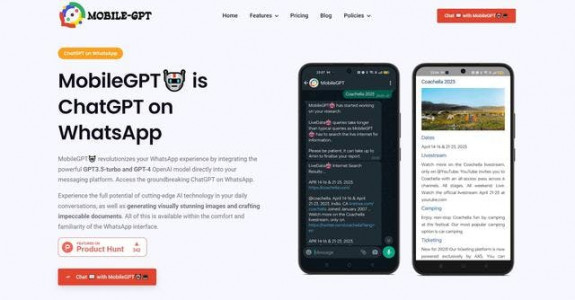 $ 9.99/mo
$ 9.99/mo
MobileGPT
Docs and on-the-go comms personalization assistant....
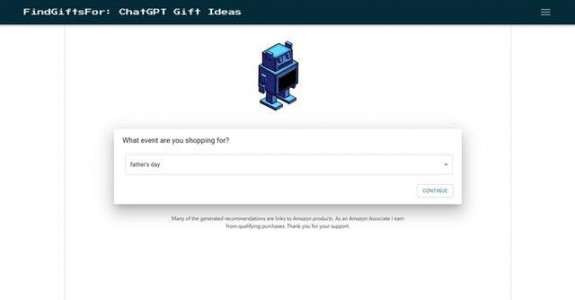 Free
Free
FindGiftsFor
FindGiftsFor is a convenient online tool designed to assist users...
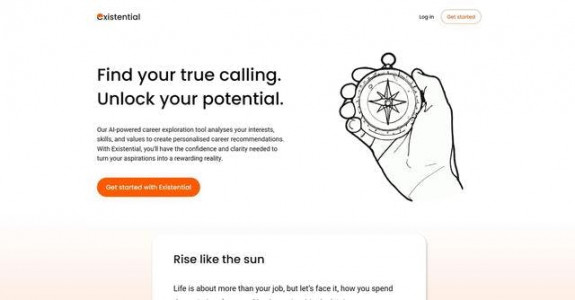 Free
Free
Existential
Custom career advice using interests, skills & values....
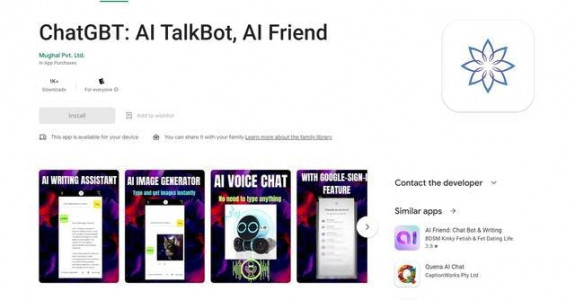 Free
Free
ChatGBT
ChatGBT, the ultimate linguistic AI assistant...
 Free
Free
RoboMUA
Customized skin care product suggestions based on needs....
Learn more about Life Assistant AI Tools
A life assistant AI tool is an artificial intelligence program that may be used to aid a person in a variety of facets of their everyday lives. Machine learning algorithms power these applications, which aid users in scheduling, task-listing, and overall efficiency. They are also useful in a wide variety of other contexts, such as grocery shopping, menu planning, and physical activity. The capacity to organize one's time is a key feature of AI products designed as personal assistants. Users may get an all-inclusive schedule view by integrating these solutions with their calendar applications, email accounts, and other digital resources. They also aid in the organization of work, the creation of reminders, and the management of time. Those who lead hectic lives and have trouble keeping track of their many obligations may find this function very useful. The versatility of AI technologies designed as "life assistants" is one of their primary selling points. Some apps, for instance, aid in meal preparation by recommending dishes suitable for the user's diet. Online shoppers might benefit from the suggestions of others, who can tailor their suggestions to the shopper's previous searches and purchases. In addition, several applications advise users on appropriate exercise regimens that are tailored to their specific needs and objectives. Automating mundane chores is another way in which AI systems that act as personal assistants may boost user productivity. To save time and energy, they may help users do things like generate email templates, automate social media postings, and set reminders for themselves. Users may find it easier to give their whole attention on the most important activities with this function, which in turn may boost overall productivity. Also, these AI-powered "life assistants" may tailor their suggestions to each individual user based on their unique set of interests and routines. Users' patterns of interaction with the system can be analyzed, and recommendations tailored to those patterns can be provided. To cut down on screen time, for instance, the app might recommend techniques like setting timers and planning breaks. Yet, there are additional risks associated with using AI systems as personal assistants. The risk of personal information being shared with third parties is one major obstacle. Users may worry about the safety and privacy of their data because of the nature of these technologies. However, there is the possibility of being overly reliant on these technologies, which might compromise individual agency and decision-making. In conclusion, there are several ways in which artificial intelligence systems designed as "life assistants" might enrich individuals' lives by facilitating better time management, task organization, and overall output. In addition to aiding with things like grocery shopping, food preparation, and physical activity, these resources can be useful in a wide range of other contexts. Privacy and the loss of autonomy must be carefully considered before adopting AI technologies as life assistants. As the field of artificial intelligence (AI) develops further, solutions designed to aid people in living more satisfying lives will become increasingly useful.
